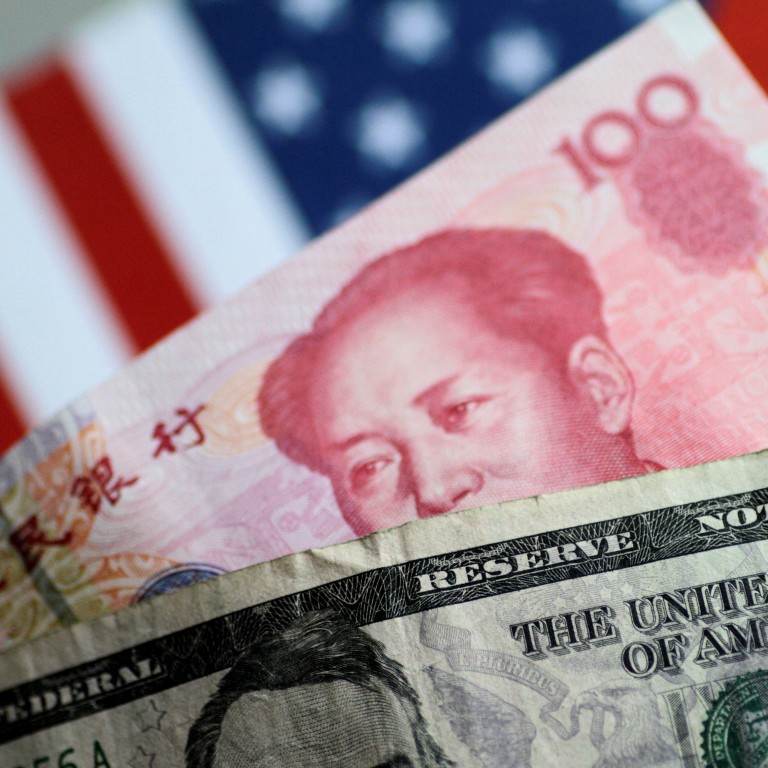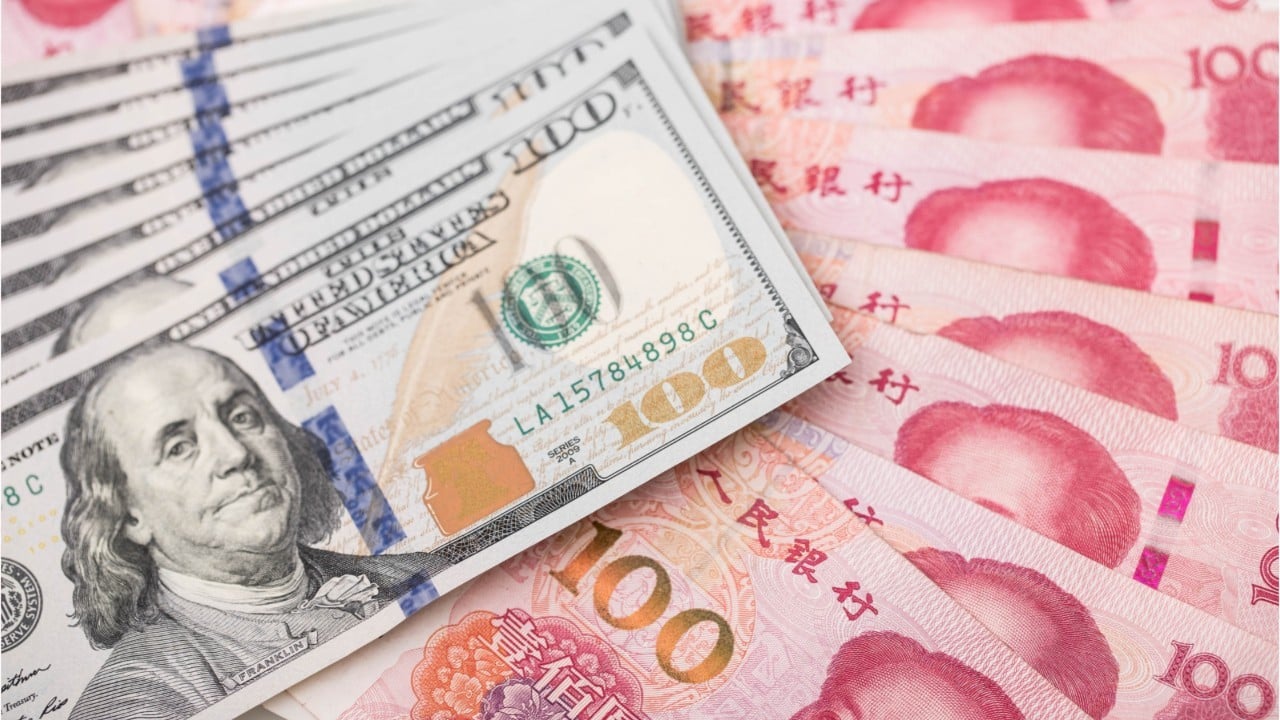
China to relax rules on cross-border yuan use, as currency hits 30-month high against US dollar
- New rules to kick in on February 4 will make it easier for individuals, investors and companies to settle in yuan internationally
- Policy shift comes after yuan rally continues into 2021, with Beijing aiming to prevent the currency from becoming overvalued
Beijing will make it easier for traders, multinational companies and outbound investors to use the yuan in international transactions, after the Chinese currency rallied to a 30-month high against the US dollar.
The new rules, which take effect February 4, will cut red tape in yuan trade settlements, simplify paperwork and streamline the ability of Chinese citizens to move money out of the country, according to a circular jointly released by the People‘s Bank of China and five other government agencies on Monday.
When foreign companies invest in China or make payments for domestic mergers and acquisitions, the funds can be transferred directly, rather than via a special bank account, according to the new rules. Beijing will also set up a pilot programme to facilitate foreign fund remittances and cross-border yuan settlements for approved contractors.
Chinese banks will be allowed to open yuan accounts for Hong Kong and Macau residents, with a remittance limit of up to 80,000 yuan (US$12,386) per day, provided sums are used solely for domestic consumer spending.

01:16
Is China a currency manipulator?
The yuan-US dollar midpoint set by China’s central bank has continued to strengthen at the beginning of this year. It rose about 1 per cent to 6.4760 on Tuesday, reaching the highest level since June 2018. The onshore rate was traded even higher at around 6.45 in the Tuesday afternoon session.
A smaller exchange rate figure indicates the yuan has strengthened, since it means it takes fewer yuan to buy one US dollar.
The value of the yuan is no longer cheap. A strong yuan is not in line with economic conditions,” he warned, noting the market’s upbeat sentiment about further appreciation
Zhou Hao, a senior emerging markets economist at Commerzbank, said the moves to promote the use of the yuan are mainly symbolic, and reflect Beijing’s desire to curb the currency’s rapid appreciation.
“The value of the yuan is no longer cheap. A strong yuan is not in line with economic conditions,” he warned, noting the market’s upbeat sentiment about further appreciation.
While a stronger yuan coupled with the opening up of the domestic financial sector will help attract foreign capital to China’s stock and bond markets, supporting Shanghai’s efforts to be the global financial centre for yuan-denominated assets, Beijing’s security-conscious policymakers also worry about the potential for asset bubbles and risks posed to its tightly controlled capital flows and domestic financial system.
They retain strong memories of the massive capital flight that resulted from the stock market rout and the subsequent yuan devaluation in 2015. The government resorted to strict capital controls and burned through US$1 trillion, a quarter of its foreign exchange reserves at the time, to eventually stabilise the yuan exchange rate.
The State Administration of Foreign Exchange resumed allocating quotas for qualified domestic institutional investors in September after a pause of two and a half years, a move that should encourage capital outflows, putting downward pressure on the yuan.

